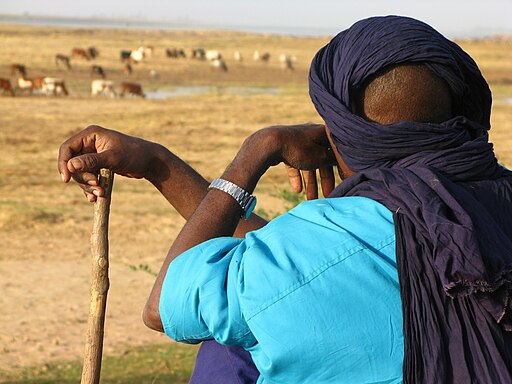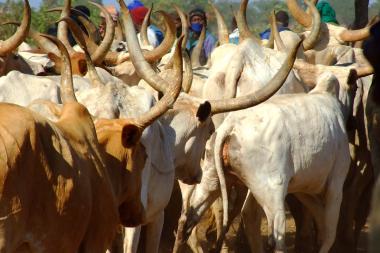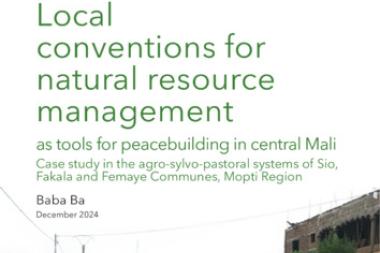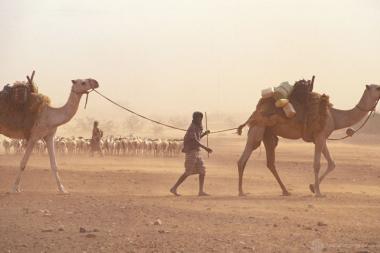Deep-rooted causes of farmer–herder conflicts and impact on local food systems: Case studies from Sudan, Nigeria and Mali
This brief aims to understand the root causes and impacts of farmer–herder conflicts through a food production system and political economy lens.
Farmer–herder conflicts in Africa have received heightened attention in recent years in the media, academic circles and policy-making contexts, with concerns over increasing and intensifying levels of conflict within and between groups. However, despite this attention, a systematic literature review of farmer–herder conflicts identified only a few primary in-depth studies. The review also found that both women and youth are underrepresented in these studies.
This brief seeks to understand the root causes and impacts of farmer–herder conflicts through a food production system and political economy lens. It emphasises relations and impacts on food systems while recognising the politicised nature of these conflicts.
The study combined focus group discussions with key informant interviews. We conducted research between 2023 and 2025. In Sudan, the study took place in Azaza Sogora Village, Gadarif State; in Nigeria in Jangargari Ward, Awe Local Government Area, Nasarawa State; and in Mali, in Sio Commune, Mopti Region. All were chosen for their known history of farmer–herder conflicts.
Findings include:
- These conflicts stem from complex interactions of socio-economic, environmental, and historical factors, exacerbated by resource competition.
- Despite being significantly impacted by these conflicts, women and youth are often underrepresented in discussions and conflict resolution processes despite their potential to contribute positively.
- Women face unique vulnerabilities while youth demonstrate a strong interest in non-violent conflict resolution.
- Inclusive governance that actively engages these groups is essential for fostering sustainable coexistence and addressing the underlying issues driving tensions between farmers and herders.
Policy implications include:
- The need for inclusive governance that actively involves women and youth in conflict resolution regarding farmer-herder tensions.
- Policymakers should recognise the unique roles and vulnerabilities of these groups, facilitating their participation in decision-making processes.
- Strategies must focus on equitable resource management, community engagement, and addressing the underlying socio-economic and environmental factors fueling conflicts.
- By fostering collaboration among stakeholders, policies can promote sustainable coexistence and significantly mitigate the impacts of farmer-herder conflicts.



